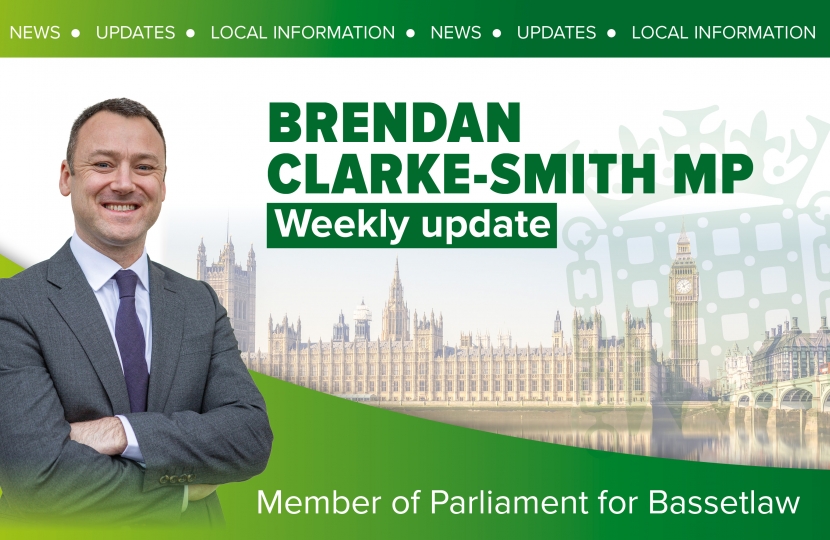
Next steps to tackle plastic waste
The war on plastic waste is set to be ramped up with fresh plans to stop the supply of a range of single-use plastics that threaten our natural environment.
Single-use plastic plates, cutlery and polystyrene cups are among a raft of items that could be banned in England as part of a new public consultation being launched in the Autumn. These proposals will lead to businesses using more sustainable alternatives and prevent plastic litter from polluting our landscapes.
It is estimated that each person uses a staggering 18 single-use plastic plates and 37 single-use plastic items of cutlery each year in England. The durability of plastic means litter from items used for a few minutes can last for centuries in landfill or as litter in the countryside or ocean. Around the world, more than one million birds and over 100,000 sea mammals and turtles die every year from eating or getting tangled in plastic waste.
Nationally, we’ve already taken major steps to tackle plastic pollution, banning microbeads in rinse-off personal care products, dramatically reducing the number of plastic bags being used and restricting the supply of single-use plastic straws, stirrers and cotton buds. These plans will build on the success of those measures and form part of the Government’s commitment to prevent all avoidable plastic waste by the end of 2042.
Further details of the consultation, including the full list of single-use items under review, will be announced in the upcoming weeks.
The UK is a global leader in combatting plastic waste. Following the huge success of the 5p charge on single-use carrier bags, which cut sales in the main supermarkets by 95% since 2015, we increased the minimum charge to 10p and extended it to all retailers, ensuring we can take billions more bags out of circulation.
Our landmark Environment Bill will give us a raft of new powers to step-up our war against plastic pollution and litter, including:
Introducing a Deposit Return Scheme for drinks containers to recycle billions more plastic bottles and stop them being landfilled, incinerated, or littered. Through a small deposit placed on drinks products, the DRS will incentivise people to recycle. When I lived in Scandinavia this scheme worked really well and I would simply take used bottles and cans back to the supermarket each week, with the deposit machine then giving me a cash voucher, which could then be deducted from my shopping bill.
Our Extended Producer Responsibility scheme will mean companies will be expected to cover the full cost of recycling and disposing of their packaging and we will also move towards Consistent Recycling Collections for every household and business in England to ensure more plastic is recycled.
We will also introduce a world-leading plastic packaging tax from April 2022, set at £200 per tonne, on plastic packaging which doesn’t meet a minimum threshold of at least 30% recycled content. This will encourage greater use of recycled plastic, leading to increased levels of recycling and plastic waste collection, helping to tackle the problem of plastic waste and protect our environment.
